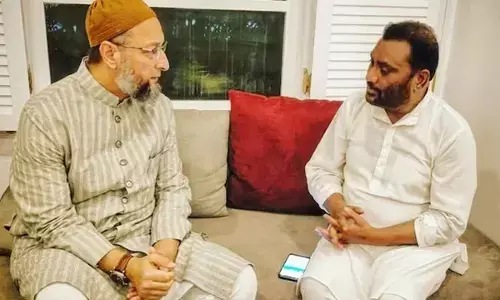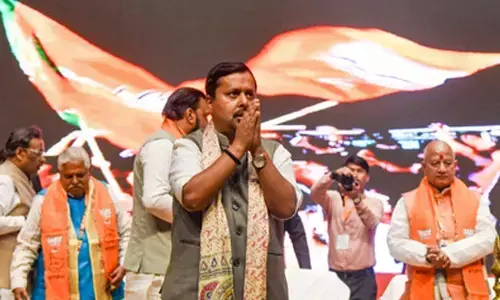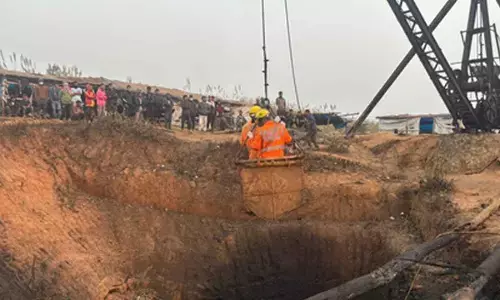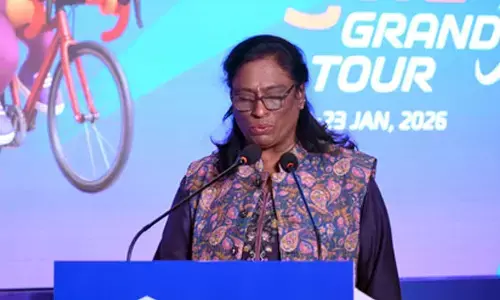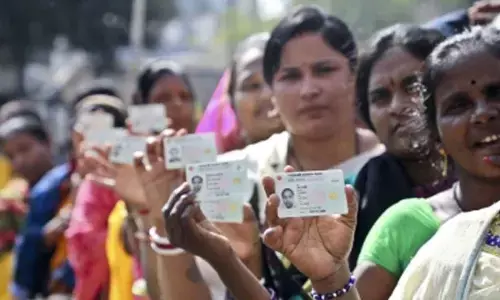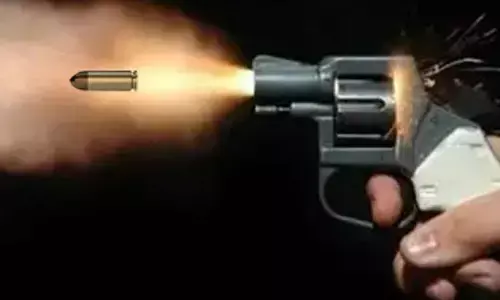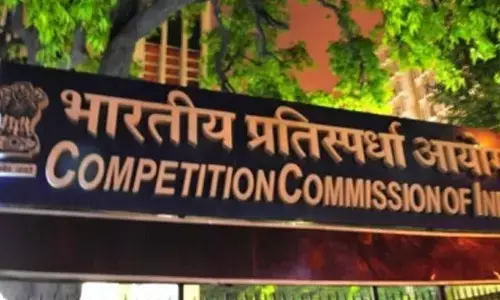Understanding mental illness
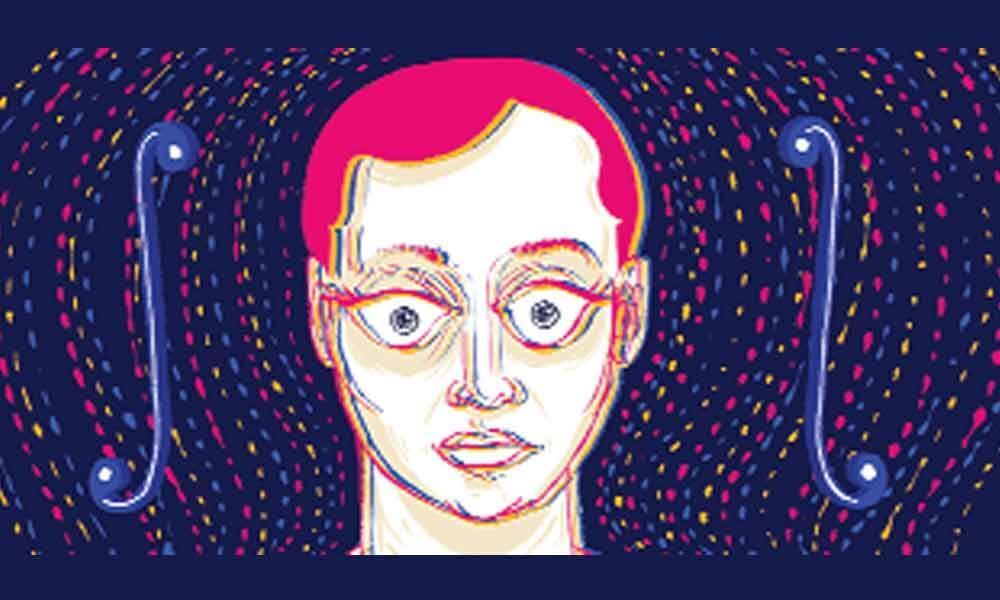
Integrating our fragmented minds in a fractured world, by looking inwards
The questions posed by mental illness almost always open up matters relevant to all of humanity. The goings-on in our inner worlds are mostly unknown, even to us, and our internal reality is fragmented.
This isn't surprising, though. We live in a fragmented, unintegrated, unintegrable world.
European narratives about immigration that focus on the word 'integration' expect a level of assimilation and homogeneity that contradicts what humans are about. To truly understand fragmentation, though, I believe we can simply look inward.
In the movie Main Hoon Na, Zayed Khan's character Lucky's response to most of his mother's worries is "Avoid, ma!" The conversion of "avoid" to an intransitive verb is a stroke of genius.
It describes what we've done for millenia to occasionally escape reality, despite claims that smartphones are unprecedented in this regard. We all need time off from our daily struggles in harsh realities.
Intoxicants, technology, food, sex, gambling, obsessions, even art (books, music, film) – these are benign or malign escape routes, depending on the extremes to which they are stretched. And we don't always have a choice about using them.
We're only just unlearning our judgmental views on addiction and learning the science behind helpless consumption.
My non-scientific experience has been that so many of these compulsions begin as joy – the latest, fun word-jumble game! – and move on to creating a trance (benign or malign or a bit of each), progressing to numbness (and who doesn't need to numb their emotional pain?) and finally (self-)destruction.
Unprocessed emotions eventually become our masters and drive us, especially if we don't believe they exist. The alternative, "integration", in which we get in touch with our more painful feelings and develop a tolerance for them, is hard and off-puttingly virtuous.
But the more insistent and intense these unprocessed emotions become, the harder it is to carry on. As self-help author Mark Manson says: "When you lack self-awareness, trying to manage your emotions is like sitting in a tiny boat without a sail on top of the sea of your own emotions, completely at the whim of the currents of whatever is happening moment by moment."
Suppressing our feelings not only disorients us, it consumes energy. Advice columnist Heather Havrilesky compares our constant need to distract ourselves from our feelings to dog paddling, the swimming stroke where one's head has to be kept above water.
Once you muster the courage to put it under water, she says, swimming needs much less effort and struggle. When we learn to live with our feelings, we might just conserve a lot of energy.
We can never fully integrate, however. The ability to relax into inhabiting your body and environment comes from privilege. (The ability to inhabit one's emotional life in a relaxed way, however, seems to elude us all.)
The dream of a complete, totalitarian social integration comes from privilege. A life of privilege means you can believe in monolithic concepts like "truth", "purity" and "consistency", because you don't need to prevaricate or do dirty work or be flexible for your survival.
Women have always been less likely to think in these absolutes, because social transparency would mean a living death trapped under draconian patriarchal control.
Queer and trans lives are similarly necessarily compartmentalised – the concept of "closet" itself reveals that "being yourself" everywhere could mean ostracisation, violence or death.
The world is more fragmented for the marginalised, yet dominant groups put the onus of a dubious "integration" on them – the belligerent anti-reservation voices in this country are an example.
This is not the only kind of dissociation people are forced to practice. What about sanitation workers who have to drink in order to tolerate the foul smells they deal with daily, without any protective equipment?
What about those living in extreme poverty who can only suppress hunger with alcohol? What about the traumatised (of which the oppressed are a large proportion) who must suppress intolerable feelings, with or without substances, in order to be functional enough to earn?
The wide prevalence of child sexual abuse speaks volumes about the need for dissociation in our society. Some people have been through what no person should ever experience. But "should" is often a powerless word if there's no army behind it.
This is where the concept of trauma (recognised as a big cause of dissociation) urgently needs to be socially contextualised in order to not stigmatise some communities. And yet, individually, each of us must do what we can to integrate the different parts of ourselves to whatever extent we can.
Emotional integration is always a journey and never a destination, so that takes some of the pressure off us. Feeling that intolerable emotion can be terrifying, but once we do so and learn to tolerate it using meditation or therapy or other techniques, the need to escape reduces a little, and we can more directly experience the world around us without mediation.
Men: In this particular context, crying is a sign of emotional health.Community healing provides an external example of this coming together, of people and of different parts of our mind.
Trying to cope alone when there are other options is itself a sign of dissociation, from relationships and people around you. A sense of community is one of the few avenues of support and healing available to oppressed communities.
The Blue Dawn is one such recently founded Indian organisation that stresses community healing and seeks to improve mental health services for those oppressed by caste.
Fragmentation inside ourselves and in the world around us mirror each other remarkably. Multiplicity is a natural part of our lives, but also has a weighted, biased, darker side.
When equality and heterogeneity can go together, when the different parts of our world and our selves can relate to each other better without the need for dominance and control, then we will have achieved integration in its truest sense.
Sneha Rajaram








